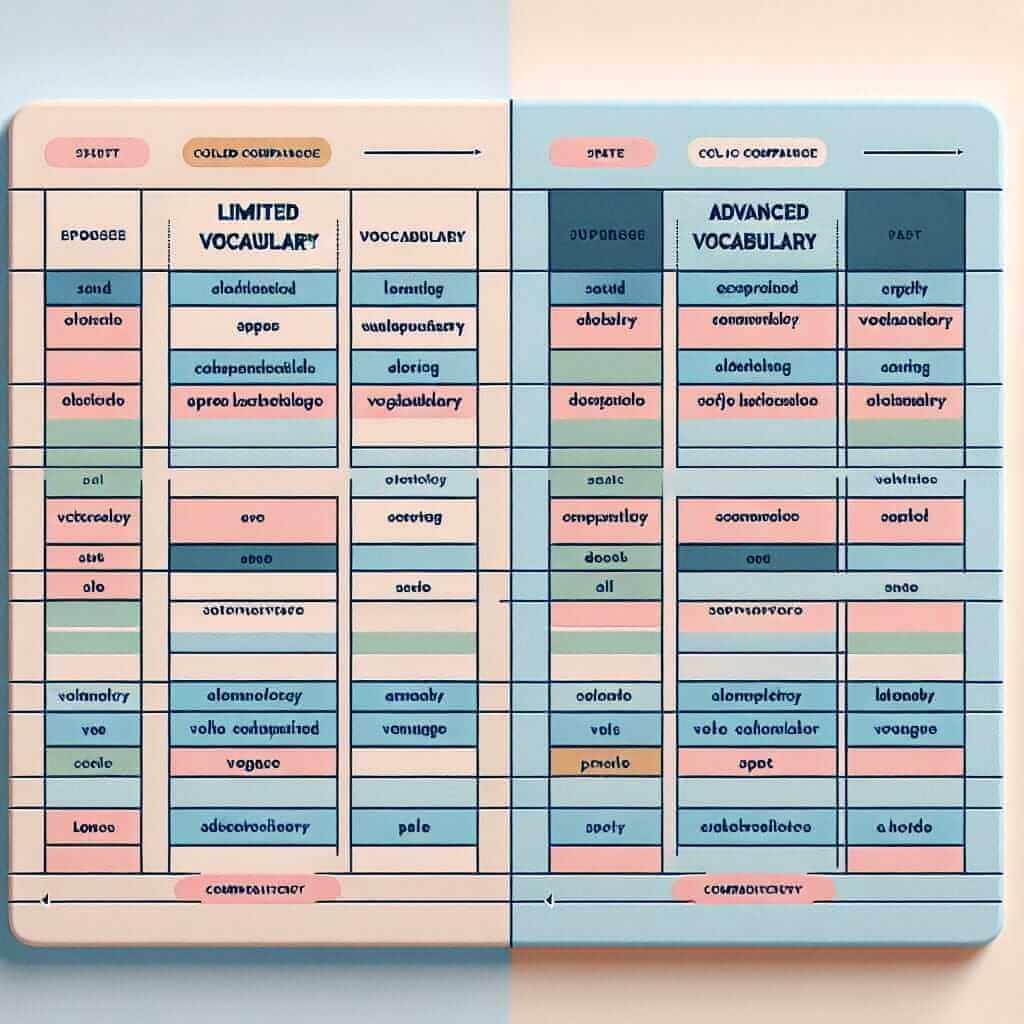Vocabulary is undeniably crucial for achieving a high IELTS score. It’s the bedrock of your ability to communicate effectively in English. Many students preparing for the IELTS often ask, “How many words do I need to know for IELTS?” The truth is, there’s no magic number. However, understanding how vocabulary is assessed and focusing on the right types of words can significantly impact your performance.
It’s About More Than Just Quantity
While a wide vocabulary is beneficial, IELTS doesn’t test you on obscure or overly academic words. Instead, the exam focuses on your ability to use a range of vocabulary relevant to the topic and communicate your ideas clearly and precisely.
Here’s what’s more important than sheer quantity:
1. Precision and Range:
Instead of memorizing long lists, focus on choosing the most accurate words to express your thoughts. For example, instead of repeatedly using “good,” consider alternatives like “excellent,” “outstanding,” “favorable,” or “advantageous,” depending on the context.
2. Collocations and Phrases:
Understanding how words naturally combine is key to sounding fluent and natural. For instance, we say “heavy rain,” not “strong rain,” or “make a decision,” not “do a decision.”
3. Flexibility and Adaptability:
The IELTS tests your ability to use vocabulary in various contexts. This means you should be able to adapt your word choice based on the formality of the situation, the topic being discussed, and the specific task requirements.
How to Improve Your IELTS Vocabulary
1. Immerse Yourself in English:
- Read Widely: Explore articles, books, and opinion pieces on a variety of topics.
- Listen Actively: Engage with podcasts, documentaries, and English news broadcasts.
- Speak Regularly: Find opportunities to converse in English, even if it’s with fellow learners.
2. Learn Strategically:
- Focus on Common IELTS Themes: Familiarize yourself with topics frequently covered in the exam, such as education, technology, environment, and health.
- Keep a Vocabulary Notebook: Jot down new words, their meanings, example sentences, and any relevant collocations or synonyms.
- Use Flashcards and Spaced Repetition: These techniques can help solidify new words in your long-term memory.
3. Practice, Practice, Practice:
- Incorporate new words into your speaking and writing: Don’t be afraid to make mistakes; that’s how you learn.
- Get feedback from a teacher or tutor: They can help you identify areas for improvement and refine your vocabulary usage.

Example from IELTS Speaking:
Examiner: What are the advantages of living in a city?
Candidate (using a limited vocabulary): “Cities have many good things. You can find good jobs and good schools. Also, there are many shops and restaurants.”
Candidate (using a wider range of vocabulary): “Cities offer numerous advantages. The job market is diverse and competitive, providing excellent career opportunities. Additionally, cities boast a high concentration of reputable educational institutions. The abundance of shops and restaurants catering to various tastes is another significant advantage.”
Conclusion
While there’s no set number of words you need to know for IELTS, focusing on vocabulary acquisition strategies and aiming for precision, range, and flexibility will undoubtedly boost your score. Remember, consistent effort and strategic learning are key to expanding your vocabulary and excelling in your IELTS exam.